Search
Did you mean: Europe?
Search Results
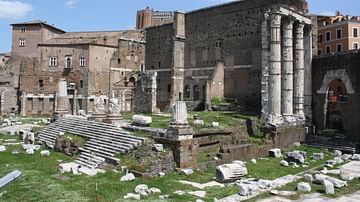
Article
Temple of Mars Ultor, Rome
The Temple of Mars Ultor stands in the Forum of Augustus in Rome and was built to commemorate Augustus' victory in 42 BCE at the Battle of Philippi over the assassins of Julius Caesar. The building became the place where important military...

Article
Trade in Ancient Greece
Trade was a fundamental aspect of the ancient Greek world and following territorial expansion, an increase in population movements, and innovations in transport, goods could be bought, sold, and exchanged in one part of the Mediterranean...

Article
Trade in the Roman World
Regional, inter-regional and international trade was a common feature of the Roman world. A mix of state control and a free market approach ensured goods produced in one location could be exported far and wide. Cereals, wine and olive oil...
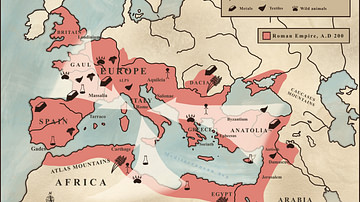
Lesson Pack
Roman Economy & Trade
We have prepared three lesson plans including classroom activities, assignments, homework, and keys as well as: Glossary of keywords and concepts in an excel format Open questions adaptable for debates, presentations, and essays Recommended...

Worksheet/Activity
Trade in the Roman Empire - Web Quest & Map Skills
This activity has been designed to fit a 20-30-minute slot for your class and is suitable for both online and classroom teaching. Students have to do a web quest in order to complete a map. It is part of our Roman Economy and Trade pack...

Video
History of the Phoenicians: The Maritime Superpowers of the Mediterranean
The Phoenicians were the maritime superpowers of the Mediterranean. Their culture flourished and was at its most powerful between 1500 and 332 BCE when Alexander the Great entered the region and decimated the cities and their populations...
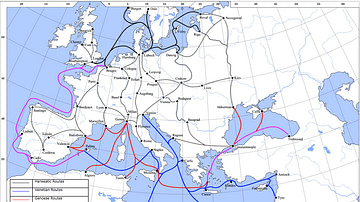
Collection
Trade in the Middle Ages
Peoples, cities and states have traded since antiquity but in the medieval period, things escalated so that goods travelled ever greater distances by land, river and sea. Great cities arose thanks to commerce and international trade such...
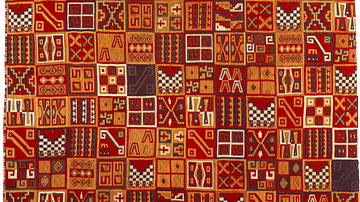
Definition
Inca Art
The art of the Inca civilization of Peru (c. 1425-1532 CE) produced some of the finest works ever crafted in the ancient Americas. Inca art is best seen in highly polished metalwork, ceramics, and, above all, textiles, which was considered...
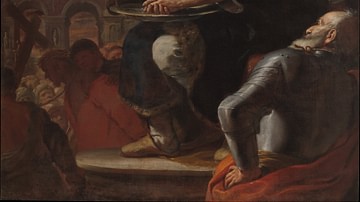
Definition
Pontius Pilate
Pontius Pilate was the fifth magistrate to serve in the Roman province of Judea, created in 6 CE by Roman emperor Augustus (r. 27 BCE to 14 CE). His term of office was during the subsequent reign of Tiberius from 26-36 CE. He became famous...
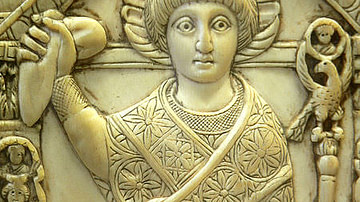
Definition
Consul
In 509 BCE, with the exit of the last Etruscan king, Lucius Tarquinius Superbus, the Roman people were presented with a unique opportunity, an opportunity that would eventually have an immense impact on the rest of Europe for centuries to...